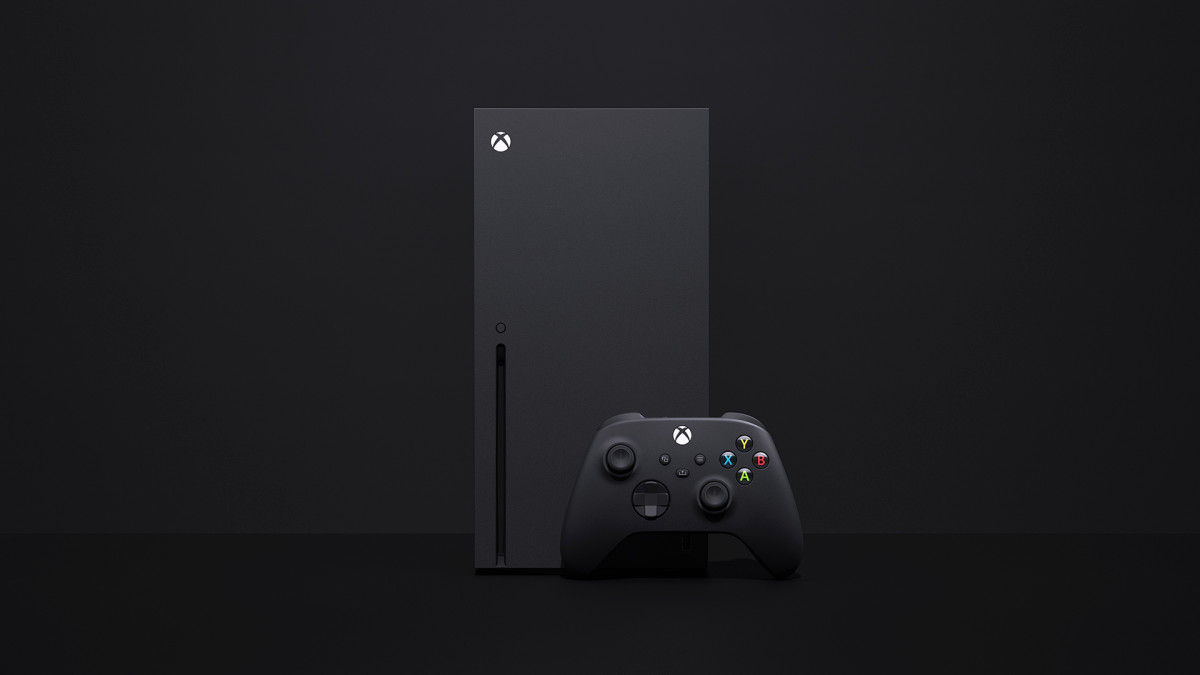Xbox Series X is officially more powerful than the PS5
Xbox Series X is the champ, at least, on paper

Sign up to receive The Snapshot, a free special dispatch from Laptop Mag, in your inbox.
You are now subscribed
Your newsletter sign-up was successful
Sony's livestream today revealed the official specs for the PS5 and we can now crown a specs champion among the next-generation consoles: the Xbox Series X.
Now to be clear, there are some areas where the PS5 has the advantage, but based on what we know today, the Xbox Series X looks like the more powerful console.
- PS5: Specs, price, release date and how it compares to gaming laptops
- Xbox Series X: specs, price and how it compares to gaming laptops
- Xbox Series X specs revealed by Microsoft: Your move, PS5
| Row 0 - Cell 0 | Xbox Series X | PS5 |
| CPU | 8x Cores @ 3.8 GHz (3.66 GHz w/ SMT) Custom Zen 2 CPU | 8x Cores @ 3.5 GHz (variable frequency) |
| GPU | 12 TFLOPS, 52 CUs @ 1.825 GHz Custom RDNA 2 GPU | 10.3 TFLOPS, 36 CUs @ 2.33 GHz (variable frequency) |
| Memory | 16 GB GDDR6 / 320mb bus | 16 GB GDDR6 |
| Memory Bandwidth | 10GB @ 560 GB/s, 6GB @ 336 GB/s | 448 GB/s |
| Internal Storage | 1 TB Custom NVME SSE | 825 GB Custom NVME SSD |
| I/O Throughput | 2.4 GB/s (Raw), 4.8 GB/s (Compressed, with custom hardware decompression block) | 5.5 GB/s (Raw), up to 8-9GB/s (Compressed) |
As you can see from the chart, the Xbox Series X has an advantage in critical areas like the CPU and the GPU.
While both share similar architecture, the Xbox Series X has both a higher clock speed with its custom 8-cores AMD Zen 2 processor running at 3.8 GHz versus the 3.5 GHz of the comparable CPU in the PS5.
Moving to the GPU, the Xbox Series X is ahead with its custom RDNA 2 capable of 12 TFLOPS courtesy of its 52 CUs at 1.825GHz when compared to the custom RDNA 2 in the PS5 generating 10.28 TFLOPS with 36 CUs at 2.23 GHz.
The one area that the PS5 really stands out in is the SSD, which Sony understandably made a primary focus of its announcement. The PS5's oddly-sized (825GB) SSD can transfer data at 5.5 GB/s (raw) or 8-9 GB/s (compressed), which is 100x the speed of the PS4 and considerably faster than the Xbox Series X's 1TB SSD at 2.4 GB/s (raw) and 4.8 GB/s (compressed).
With all of that said, real-world performance doesn't always align perfectly with raw specs, so we are eager to get our hands-on both consoles and find out which console more effectively harnesses all of that power.
Sign up to receive The Snapshot, a free special dispatch from Laptop Mag, in your inbox.
Sean Riley has been covering tech professionally for over a decade now. Most of that time was as a freelancer covering varied topics including phones, wearables, tablets, smart home devices, laptops, AR, VR, mobile payments, fintech, and more. Sean is the resident mobile expert at Laptop Mag, specializing in phones and wearables, you'll find plenty of news, reviews, how-to, and opinion pieces on these subjects from him here. But Laptop Mag has also proven a perfect fit for that broad range of interests with reviews and news on the latest laptops, VR games, and computer accessories along with coverage on everything from NFTs to cybersecurity and more.

